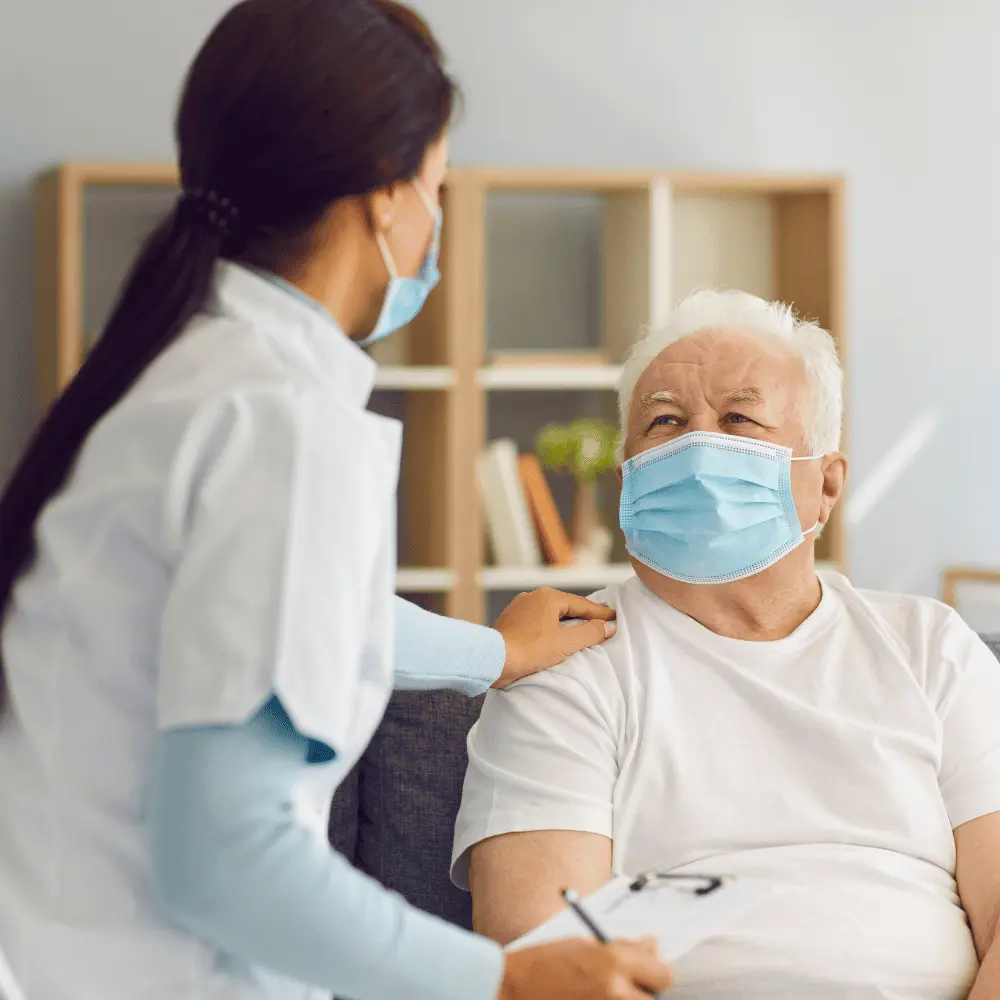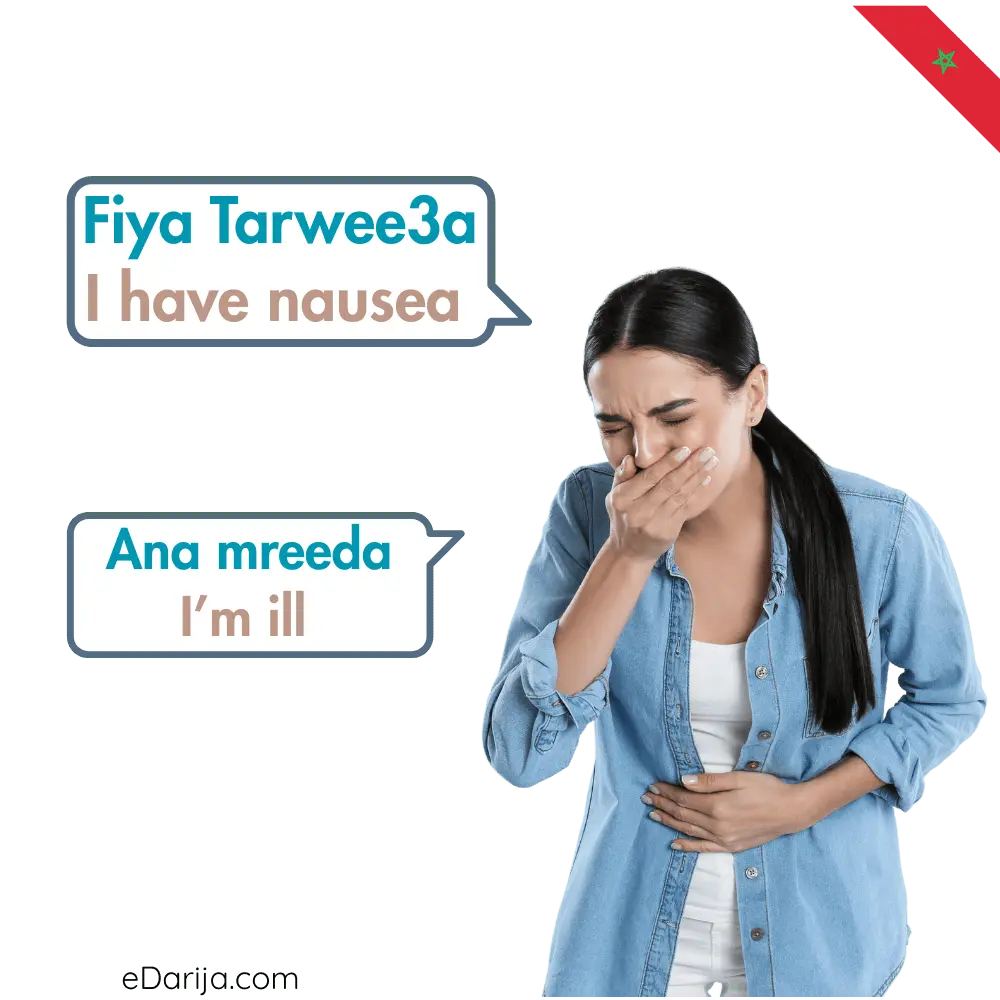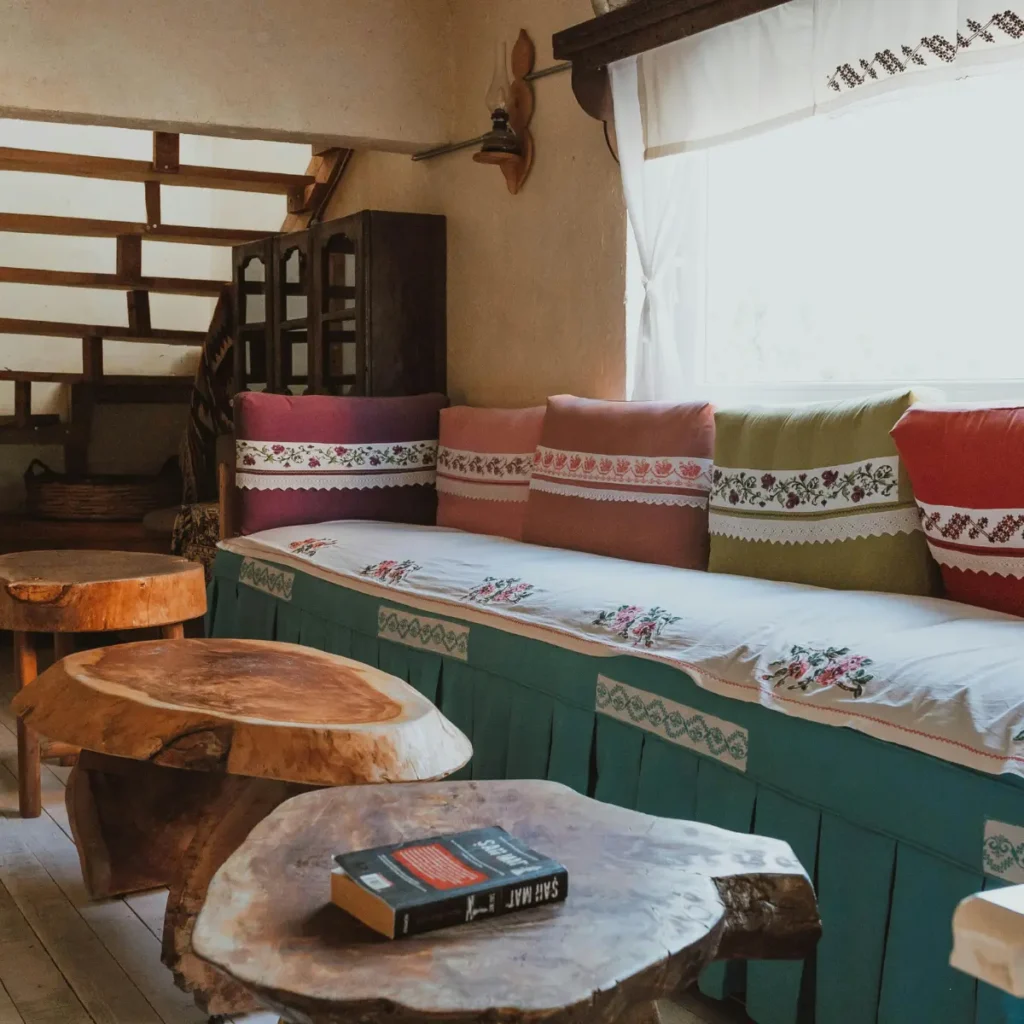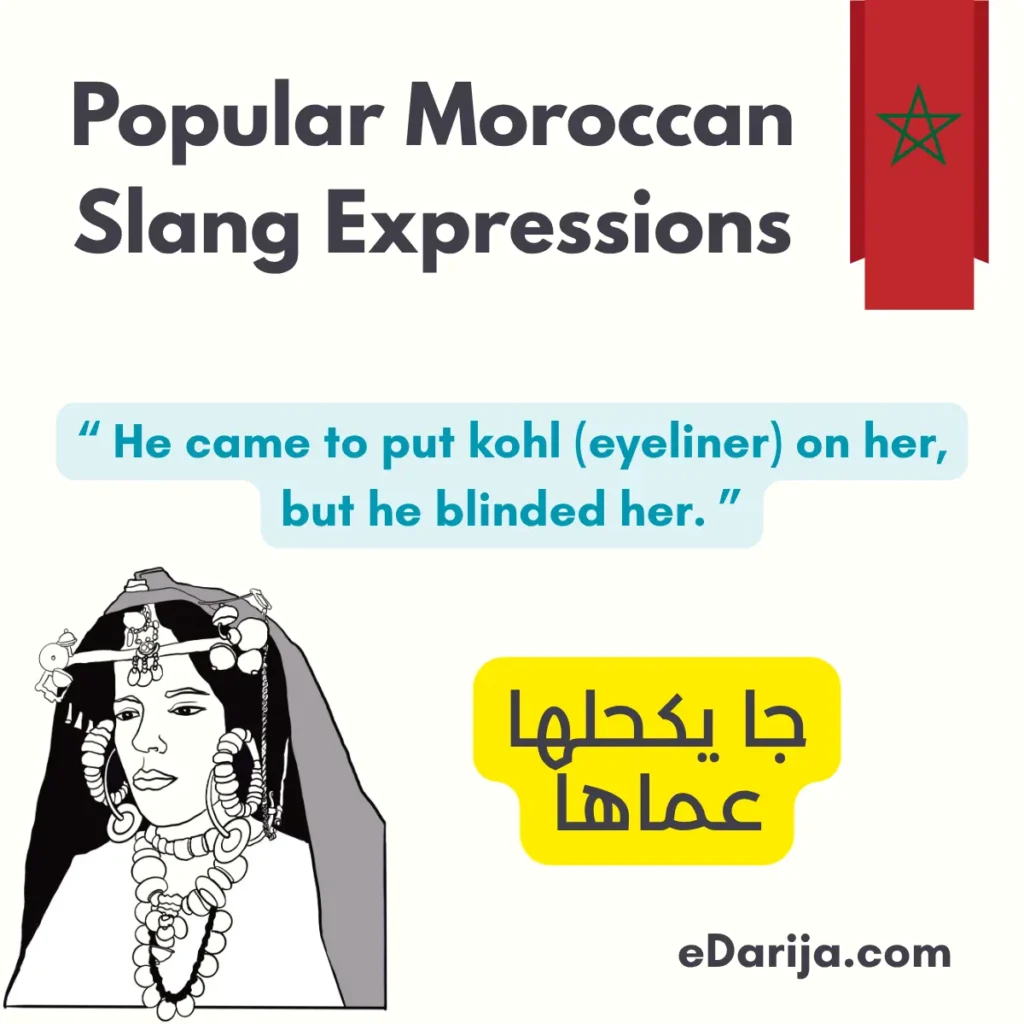
Darija healthcare phrases are a lifesaver if you ever find yourself in Morocco needing to visit a doctor, talk to a nurse, or buy medicine at a pharmacy. Whether you’re a traveler, student, or someone living in Morocco long-term, learning basic medical vocabulary in Moroccan Arabic gives you confidence, safety, and peace of mind.
In this guide, we’ll walk through the most important Moroccan Arabic medical phrases, explain how to use them in real-life situations, and even share cultural tips to help you communicate better in healthcare settings. Don’t worry—we’ll keep things simple, fun, and practical!
Why Learning Healthcare Phrases in Darija Matters

Imagine you’re in Morocco, not feeling well, and you need to describe what’s wrong. You try using English or maybe a little French, but the pharmacist or doctor doesn’t fully understand what you mean. The words don’t quite match, and suddenly you realize how hard it can be to explain your pain or symptoms in another language. In that moment, the situation can feel confusing and even stressful, especially if it’s an emergency and you need help right away.
That’s where Darija healthcare phrases come in. They let you:
- Describe your symptoms clearly
- Answer doctors’ questions with confidence
- Ask for help quickly in emergencies
- Communicate at the pharmacy and get the right medicine
- Show respect for local culture by speaking Moroccan Arabic
Even knowing just a few key phrases can make a huge difference.
Basic Darija Healthcare Phrases Vocabulary
Let’s start with some core words you’ll hear often in hospitals, clinics, and pharmacies:
- I’m ill – ana Mreed, ana Mreeda for female
- I need – Ma7taj, or Ma7taja for Female
- Doctor – Tbeeb, or Tbeeba for Female
- Nurse – Farmly, or Farmliya for Female
- Hospital – Sbitar
- Clinic – klinik
- Pharmacy – Saydaliya
- Medicine – Dwa
- Ambulance – Is3af
- Surgery – 3amaliya
- Urgently – Daba
Test Your Knowledge
Explaining Symptoms in Darija
This is probably the most important part. If you can describe your pain or symptoms, healthcare workers will understand you much better.
How to Say “I Have Pain”
- Kaydarni {hna} – I have pain {here}
- Kaydarni rassi – My head hurts
- Kadarni Yaddi – My arm hurts
- Kaydarni 9albi – My Heart hurts
- Kaydarni dahri – My back hurts
Common Symptoms Vocabulary
- Doukha – dizziness
- Tarwee3a – nausea
- I have a headache and nausea – Kaydarni rassi w fiya tarwee3a
- Skhana – fever
- Fiya skhana – I have a fever
- La3ya – tiredness
- 3yan – Tired
- Lberd – cold
- Ko7a – cough
Example sentence:
- 3andi Skhana bzaf w Ko7a mjehda – I have a high fever and a strong cough.
🩺 Test Your Knowledge
Want to go beyond these healthcare phrases? Check out our Moroccan Darija Lessons to build a strong foundation and learn step by step.
Talking About Allergies and Medical History
Doctors will often ask if you’re allergic to anything or if you have a medical condition.
- 3andi 7assasiya mn {Gluten} – I’m allergic to {Gluten}
- 3andi sukkar – I have diabetes.
- 3andi tensio – I have high blood pressure.
- ma3andi 7ta moshkil. – I don’t have any problem.
💡 If you carry medication for asthma, diabetes, or heart conditions, it’s good to know how to explain this in Darija.
Emergency Situations: What to Say and Ask
In an emergency, short clear phrases matter most.
- 3aweni! – Help me!
- 3ayet l is3af ! – Call an ambulance!
- Chi wa7ed tsaab – Someone is injured.
- 3andi moshkil kbir. – I have a serious problem.
At the hospital or ER:
- Fin kayn mosta3jalat? – Where is the emergency room?
- bghit nshof tbeeb daba – I need to see a doctor urgently.
Useful Questions Doctors and Nurses Ask
Be ready to hear these questions—and practice answering them:
- Fin kaydarak ? – Where does it hurt?
- Mn imta kat7ess haka ? – Since when do you feel this?
- Wash 3andk Skhana ? – Do you have fever?
- 3ndek 7assasiya mn dwa? – Any allergies to medicine?
- Wash Kliti chi 7aja Ghriba? – Did you eat something unusual?
At the Pharmacy: Asking for Medicine in Darija
Pharmacies are everywhere in Morocco, and pharmacists are usually helpful. Still, a few Darija phrases make things smoother:
- Bghit dwa l Ko7a – I want medicine for cough.
- 3tini dwa dyal rass – Give me something for headache.
- Wash kayn dawa bla wasfa? – Is there medicine without prescription?
- sh7al mn mra f nhar? – How many times a day?
💡 Always ask “kifash nakhod had dwa?” (How do I use this medicine?)
Cultural Tips for Healthcare Conversations in Morocco
- Politeness first: Start with greetings like salamo alaykum. It creates a warm tone.
- Mixing French is common: Many doctors and pharmacists speak French. But trying Darija first shows respect.
- Be patient with speed: Locals speak fast. Don’t hesitate to say : 3afak 3awed bshwiya (Please repeat slowly).
- Body language helps: Pointing to the body part that hurts makes communication clearer.
Looking for more practice? Visit our Darija eBook Shop and discover digital books that make learning Moroccan Arabic easier and faster.
Regional Variations in Darija Healthcare Terms
Darija changes slightly from north to south, but healthcare vocabulary is mostly consistent. You may notice:
- In Casablanca, people say sbitar for hospital.
- In Fes, some might use mustashfa (closer to classical Arabic).
- In Rif regions, you’ll hear Amazigh words mixed in.
The good news? Medical professionals across Morocco will understand you with these standard phrases.
Tips for Learning Darija Healthcare Phrases Faster
- Flashcards: Make a set for symptoms, medicines, and emergencies.
- Role play: Practice with a friend acting as “doctor” or “pharmacist.”
- Audio practice: Record yourself saying the phrases and compare.
- Real practice: Next time you visit a pharmacy (even for vitamins), try using Darija.
Remember: learning healthcare vocabulary is not just for emergencies, it’s part of everyday confidence while living or traveling in Morocco.




Pingback: 50 Useful Moroccan Darija Home Vocabulary
Pingback: 7 Essential Moroccan Darija Question Phrases Every Beginner Will Love